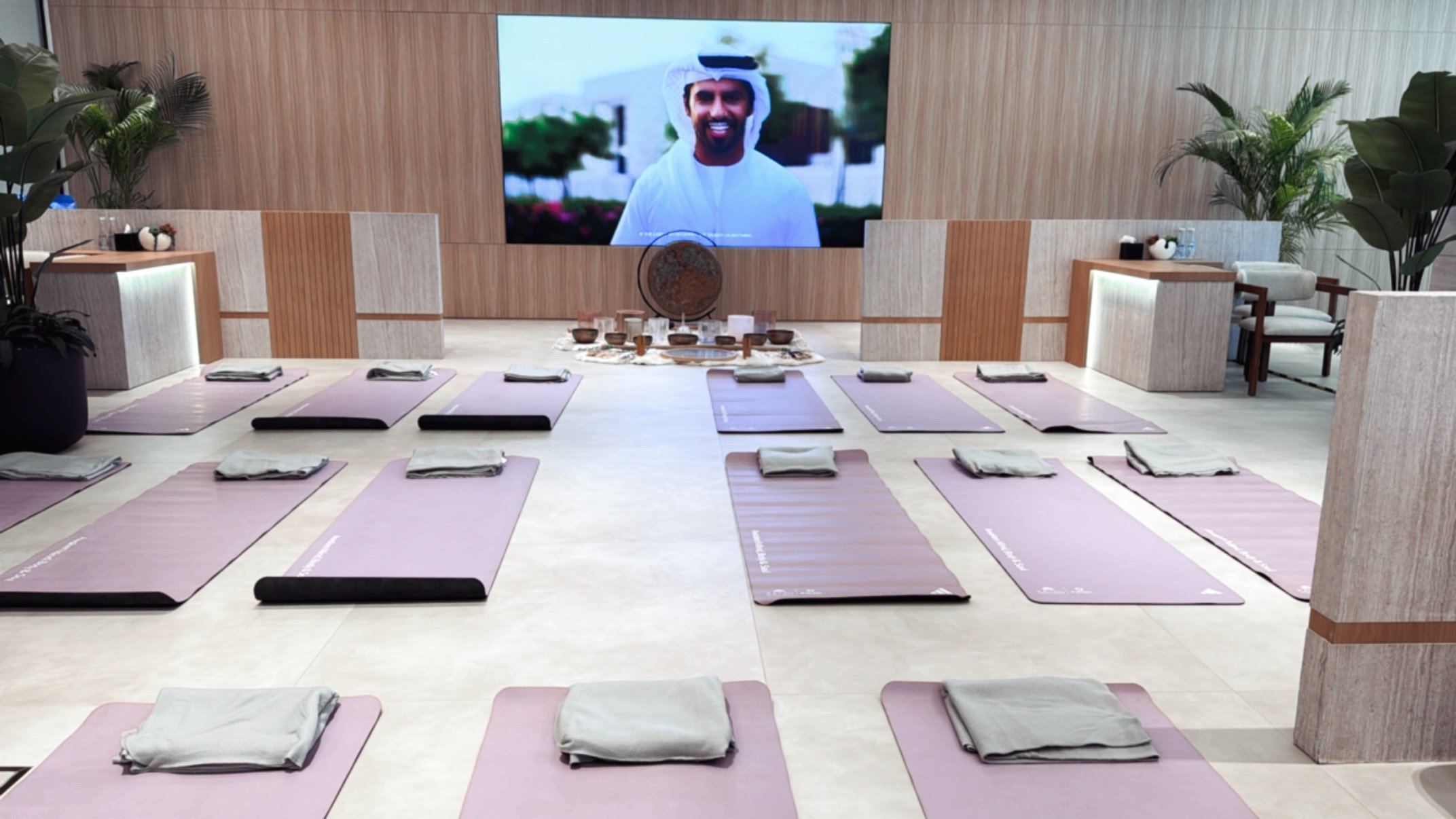Tips on Cultivating a Better Work-Life Balance
Feeling burnt out?
Having difficulty creating boundaries at work?
Struggling to make time for your personal life?
While “work-life balance” has become a bit of a buzz word recently, achieving it can be easier said than done.
Work-Life Balance Research
In a recent study by Deloitte it was reported that around 77% of Americans that have full time jobs have experienced burnout.
Another study revealed that at least 48% of Americans consider themselves to be workaholics.
Forbes reported that on average 26% of work is done outside regular working hours on employee free time.
CNBC found that 66% of American workers lack work-life balance and 33% are sleep deprived due to being overworked.
Consequences of Work-Life Imbalance on Employees
Overworking can increase your risk of stroke, coronary heart disease, anxiety, and depression (Medical News Today).
Employees who work 55 hours or more per week have 1.3 times higher risk of stroke than those working standard hours.
Work-life imbalance increases severe fatigue - which can negatively impact your career (Mayo Clinic).
A poor work-life balance negatively impacts familial, friend, and romantic relationships. Relationships are one of the major support pillars of being a human being and are vital for our overall wellness, neglecting this due to work leads to greater feelings of unhappiness (Mayo Clinic).
Overworked employees also have higher rates of drug and alcohol abuse, as they search for an escape from their constant stress (Mayo Clinic).
Consequences of Work-Life Imbalance on Organizations
Although it can seem as though the more employees work the better-off an organization will be, studies have shown that this is not the case.
95% of human resources professionals blamed the loss of good employees on job burnout (Forbes).
46% of HR leaders say burnout is behind up to half of their annual employee turnover (Forbes).
A Stanford study revealed after employees work 50 hours or more, their productivity drops dramatically, and their output continuously decreases the more hours they work after that.
Workers average just 2 hours and 48 minutes of productive device time per day, and this does not increase if the employee works more hours (RescueTime).
While work-life balance looks different for every person and depends on their career and whether or not they have children (among other factors), you can usually tell if you have work-life balance based on how you feel day to day. If you are feeling tired and burnt out more than occasionally, then you could likely use some help creating some boundaries at work. The good news is that if you do feel this way there are plenty of actions you can take to help cultivate a more balanced life.
Tips for Better Work-Life Balance
Don’t over-schedule yourself.
Be realistic with how much time it will take you to complete a project. If you know that you constantly underestimate the time needed to complete a task, add some extra time on top of your estimate.
Prioritize and delegate.
Even if it feels this way, not everything is actually urgent. Focus on completing the urgent activities first so you are less likely to work late into the night. Need help learning what to prioritize? Check out the popular Eisenhower Matrix to help you discover what is/is not essential and what should be delegated.
Unplug from work.
Once the workday is over or when you are on vacation, make sure that you completely detach yourself from your work. This means don’t obsessively check your email or answer non-essential work calls outside of normal work hours.
Learn the value of saying “no”.
Learning to say no can be one of the hardest soft skills to learn, but it is essential for maintaining a work life balance. Be honest with yourself and your employer about what expectations are realistic and do not accept additional tasks out of guilt or obligation.
Take your lunch break.
Eating lunch at your desk while you continue to work has become increasingly normalized but is not beneficial for you or your productivity. Take the time to enjoy your meal mindfully and without distractions (ideally outside or by a window if possible).
Take every single vacation day.
A study by US Travel revealed that around 768 million vacation days went unused by American Workers in 2018. Even if it is inconvenient, do yourself a favor and ensure that you take all your vacation days.
Make time to relax.
Set aside time regularly to do activities that bring you joy. Whether these activities are hiking, yoga, meditation, sound healing, reading, gardening, or dancing, make sure that you do not neglect the activities that help you relax and bring you fulfillment. If possible, we recommend setting aside at least 1 hour per day for relaxing leisure activities.
Take breaks.
Even if you are rushing to finish an important project, a 15-minute walk will help you feel more centered and will enhance your productivity once you return.
Give yourself time to exercise.
It is likely that you already know the endless physical and mental benefits of exercise. Make time for it – ideally 3+ times/week.
Learn to delegate.
Most people have the assumption that nobody else can do their job. While it may be true that nobody can else can do your job exactly how you would, learning to delegate will create much needed breathing room in your schedule. Try not to be a work martyr and get comfortable asking for help.
Be honest with your boss.
Our superiors are often unaware when we are feeling overworked or overwhelmed. Just as in any relationship, they cannot be expected to read our minds and it is important to speak up if you feel like your workload is unmanageable. If they are unwilling to adjust your workload when it is no longer realistic, be honest with yourself about when it might be time to walk away and find another employer.
Release perfectionism.
It is not always our employer that creates a difficult work-life balance. The strive for perfectionism and feelings of never doing enough lead us to push ourselves to work more than we should. Remember that needing to take a break does not make you a bad employee and that you can still be an incredibly productive, effective, and hardworking team member without pushing yourself beyond your limits.
———
Know someone who could use a relaxation break from their busy work schedule?
Give the gift of relaxation with an Altha Gift Card.
New to Altha? We are an LA-based modern sound healing group committed to creating bespoke corporate & private experiences in Beverly Hills, Marina Del Rey, Orange County and beyond!






